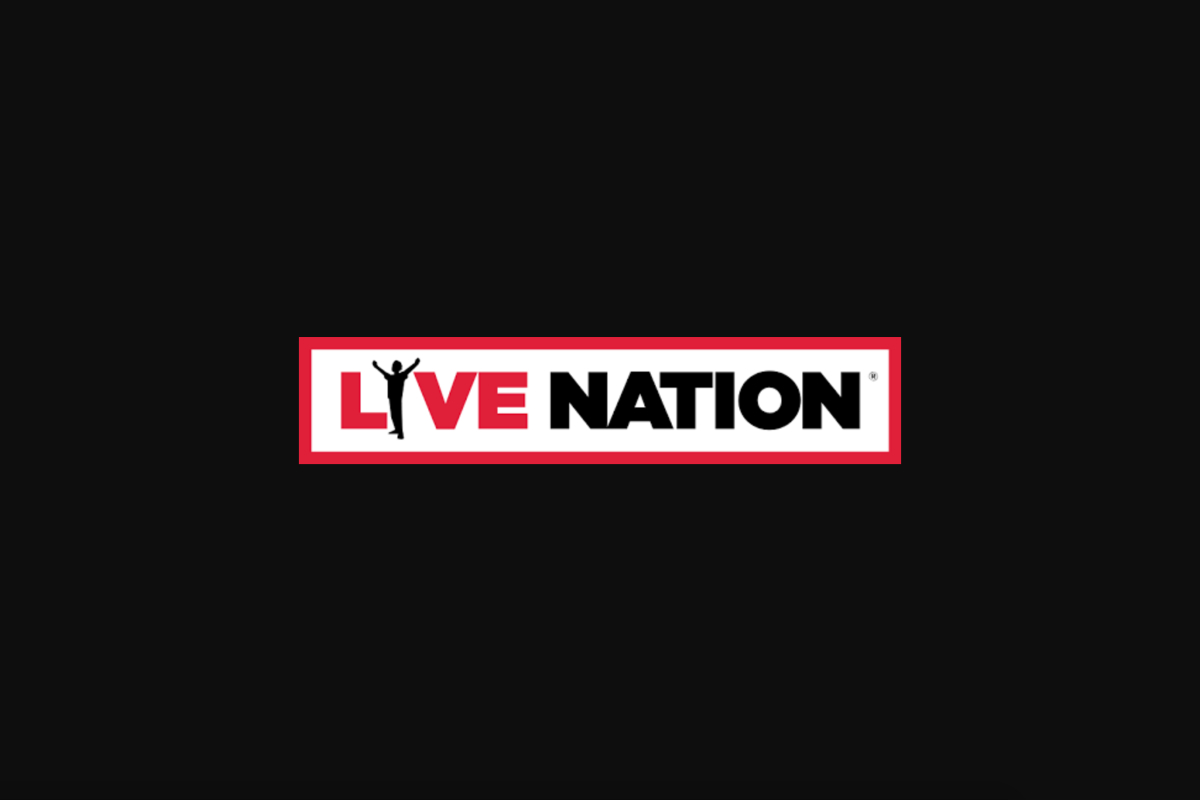Last week, a group of owners representing over a dozen independent Chicago music venues formed a coalition to protest a proposed mixed-use mega-development on the city’s north side. Live Nation has partnered with the developer on plans to erect and operate three to five venues ranging in size from 100 to 20,000 seats, and local hosts of live entertainment view the concept as a threat. Why seems self-evident, as does the reason Live Nation wants to expand its physical presence in Chicago. But let us read the company’s defense (of sorts), as outlined by Mark Campana, chief operating officer of U.S. concerts, in a letter last Thursday to the alderman representing the ward in question:
We have heard your concerns about our role in the Lincoln Yards development and I wanted to clarify some things. We want to be a great neighbor and always want to work with independent venues.
… The vision for Lincoln Yards is to have a vibrant arts and entertainment district and that would not be complete without The Hideout. The Hideout is such a unique and special place, and Lincoln Yards will be a better entertainment destination because of The Hideout. And in our view, a true arts and entertainment district has venues that feed off each other, not cannibalize each other.
It’s true that Live Nation’s proposed venues might benefit from established community cachet, and supporting local venues like the Hideout that have helped cultivate that reputation is a nice thought. Elsewhere in the letter, Campana emphasizes that Live Nation, being a promotion behemoth—in addition to its increasingly massive venue and artist management businesses—is “on pace to promote 1240 shows in 142 independently owned club venues” in the U.S. this year. But that’s not the purpose of opening conglomerate-run venues down the street. The purpose is to book live music, which necessitates competing with other venues, ones with billions fewer dollars, that also book live music.
Campana suggests that a larger Live Nation foothold will help these spaces. He points to the company’s festival business. Live Nation owns a controlling stake in the promoter of Chicago’s largest festival, Lollapalooza, which spawns dozens of after-shows annually. “I believe we can help independent venues secure more shows,” he writes. “For example, when we book stadium shows and festivals, there are often after shows at smaller venues like The Riv and The Vic and, if the venue is interested, we would gladly help secure acts and drive attendance.” Locals operators who would refuse this trickle-down theory of culture, he seems to suggest, would be willfully shooting themselves in the foot.
The letter’s kicker seals Live Nation’s disinterest in honestly engaging with the likely impact of a vertically integrated corporation—one that’s currently under Justice Department scrutiny for anti-competitive practices—expanding its physical stock (with taxpayers’ help) in a market maintained by small business owners. Campana, a local resident, concludes, “We all love music and Chicago’s unique music scene. … We have no interest in changing the vibe or getting The Hideout to conform to a plan.” Independent venue owners, you may be surprised to learn, do not seem especially concerned with “vibes.”
We asked Live Nation for the list of 1240 shows promoted in independent stateside venues in 2018, how it intends to avoid “cannibalizing” the audiences of existing Chicago venues, whether it expects any of its proposed new venues to book stadium and festival after-shows, and how much money it has proposed to invest in the Lincoln Yards development. The company declined to comment.





